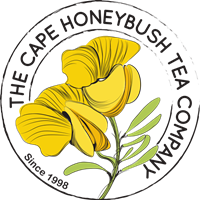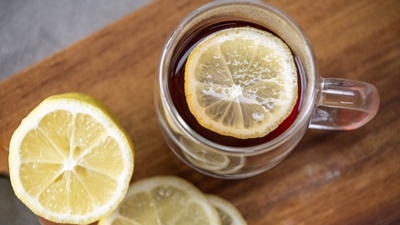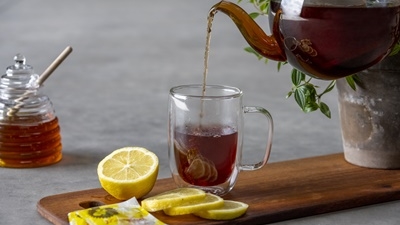HEALTH BENIFITS
Health Benefits
Honeybush tea — also known as Heuningbos, bergtee, or mountain tea — is an herbal infusion only to be found along the coastal region east of Cape Town, South Africa. Honeybush tea is made by steeping dry honeybush leaves in boiling water. It has gained worldwide popularity due to its many medicinal and therapeutic properties.
Honeybush tea is rich in antioxidants. Antioxidants are now known to be potent free radical scavengers, thereby promoting a better body defence system.
Honeybush tea is a rich natural source of the following nutrients:
- Sodium necessary for fluid and acid-base balance
- Potassium facilitates metabolic processes
- Calcium builds strong teeth and healthy bones
- Magnesium allows for the maintenance of a healthy nervous system and for other metabolic processes
- Copper necessary for different metabolic processes
- Zinc encourages growth, development and healthy skin
- Manganese essential for metabolic processes and for bone growth and development
- Iron transports oxygen in the blood
Honeybush tea contains no caffeine, and is low in tannins.
Phyto-estrogens help to regulate the menstrual cycle, alleviate symptoms of menopause, prevent osteoporosis, reduce the risk of heart disease and protect against premature ageing. Honeybush is rich in phyto-estrogens, which have been positively linked to a reduction in the risk of developing hormone-relate diseases such as breast, prostate and uterine cancer.
Honeybush tea is scientifically proven to be anti-mutagenic. Mutagenesis is the process whereby the genetic material of a cell is damaged. This process is normally associated with the early stages of cancer as well as the general ageing process.
People who suffer from stomach cramps find Honeybush tea to be an extremely effective anti-spasmodics; especially mothers of babies who suffer from colic and cramps value Honeybush tea, also because the tea is caffeine free and completely natural.
The pleasant sweet taste of Honeybush make it popular choice for people who have to reduce their intake of sugar. The tea contains a non-nutritive sweetener and the Weigh Less organisation recently gave this tea the rating of “excellent”.
RESEARCH
Despite its young age, Honeybush as an industry has attracted the interest of much research due to its inherent and potential health benefits. Below are links to take a deeper look into the available research papers:
Honeybush Tea fact sheet compiled by the Cancer Association of South Africa https://cansa.org.za/files/2019/02/Fact-Sheet-on-Honeybush-Tea-February-2019.pdf
Review of Honeybush Tea industry by Prof. Joubert https://www.sciencedirect.com/science/article/pii/S0254629911000846
Caffeine free status of Honeybush Tea as per Dr. Stander https://www.sciencedirect.com/science/article/abs/pii/S0889157518308500



